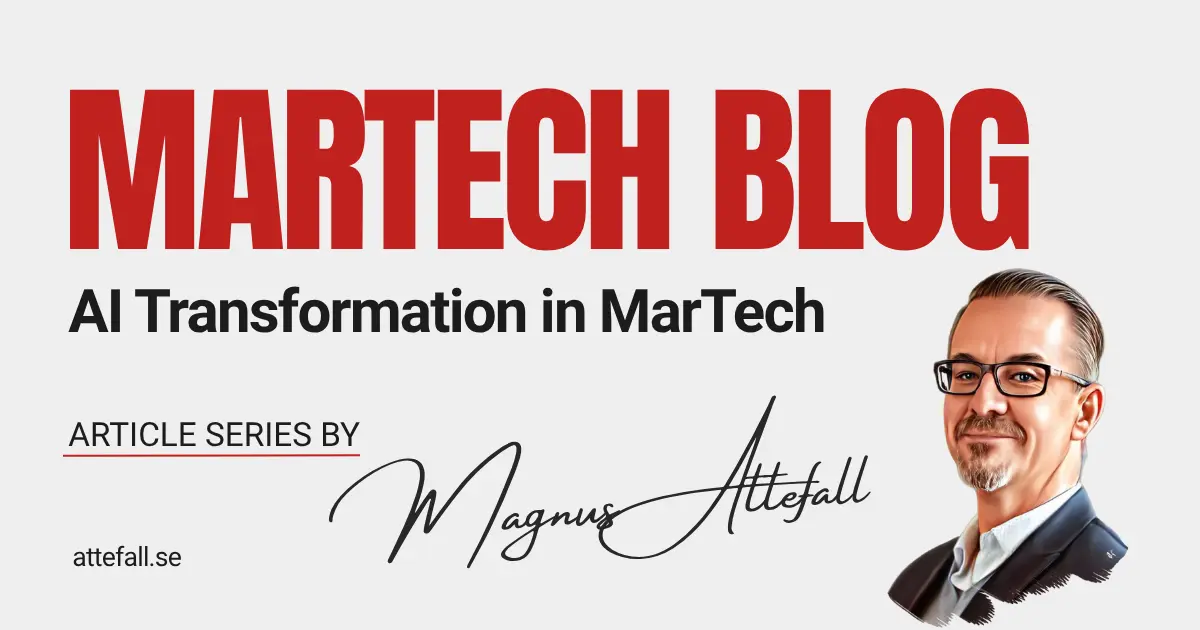
🎯 What It Means for Marketers: Key Benefits of AI-Driven Personalization
AI-powered personalization is now a growth engine—not just a buzzword—for modern brands. Marketers who adopt intelligent, data-driven engagement strategies experience measurable increases in revenue, retention, and brand equity, significantly outpacing competitors who still rely on traditional campaigns.
- Deep customer connection: AI enables brands to understand each customer as an individual by analyzing behaviors and preferences, leading to highly relevant interactions that increase engagement and build loyalty.
- Personalization at scale: Advanced tools automate targeted content, offers, and recommendations for every customer, across digital channels, without overburdening marketing teams.
- Actionable insights, instantly: Marketers gain real-time intelligence on customer needs and shifting trends, enabling them to communicate proactively and effectively.
- Competitive advantage: Personalized, AI-driven experiences deliver higher retention and brand satisfaction, helping marketers stay ahead in crowded markets.
- Agility and efficiency: AI tools speed up campaign launches, enable rapid testing, minimize wasted budget, and make it easier to integrate new data sources as marketing evolves.
Research confirms these results
- AI-personalized campaigns are up to 50% more effective at customer engagement than traditional approaches—and can drive a 10% or greater increase in sales for brands that fully adopt this strategy.
- 93% of marketers now use AI to generate content faster, and 81% say AI-driven insights increase both brand awareness and sales.
- Companies using AI-powered personalization often report higher conversion rates, a boost in average order value, and even reduced customer acquisition costs.
Bottom line
In 2025, AI-driven personalization defines successful marketing. The brands that move beyond generic outreach—delivering empathetic, omnichannel experiences tailored for the individual—are the ones that drive measurable growth, stronger loyalty, and lasting market relevance.
📘 Background
Artificial intelligence, often referred to as AI, is at the heart of modern marketing technology, also known as martech. These digital tools help marketing teams connect with their audiences in more meaningful and personalized ways. However, as marketers utilize AI to personalize content and campaigns, the issue of consumer privacy becomes paramount. Marketers must now strike a delicate balance between delivering personalized experiences and safeguarding individuals’ data to maintain trust and comply with relevant privacy laws.
🚀 The Rise of AI-Driven Personalization
AI matters in marketing because it enables a level of personalization that was previously impossible. Here’s how AI is improving marketing:
- Product recommendations based on customers’ preferences and past activity.
- Personalized emails tailored to individual behaviors, enhancing relevance and engagement.
- Smarter ad targeting so marketing budgets are used effectively, reaching the right people at the right time.
- Dynamic website content that adjusts to each visitor’s interests and behavior.
To provide these personalized experiences, AI processes large amounts of data to discover patterns and predict what customers might want next. This makes marketing interactions feel more relevant, but it also means businesses must collect and analyze details about customer behavior.
🔒 Privacy Concerns in AI-Powered Marketing
Personalized marketing relies heavily on data, and with that comes real and growing privacy challenges:
- Transparency: Many customers are not fully aware of what information is being collected or how it is being used.
- Managing consent: Ensuring customers have control and ongoing choice over their data is a complex task, as both technology and evolving privacy expectations require attention.
- Data security: Digital marketing tools can be tempting targets for cyberattacks, making it essential to protect customer information from breaches.
- Fairness and bias: If not regularly checked, AI systems may make decisions that unfairly disadvantage certain groups or reinforce biases in the data.
New data privacy regulations—such as the European Union’s GDPR (General Data Protection Regulation) and California’s CCPA (California Consumer Privacy Act)—are responses to these issues, requiring marketers to be more transparent and responsible in their data practices.
⚖️ Five Ethical Principles for AI in Marketing
Ethical marketing starts with clear guidelines for using technology and data:
1. Transparency
- Inform customers about what data you collect and why.
- Explain when AI is influencing recommendations, offers, or content.
2. Privacy by Design
- Build privacy safeguards into every step of your marketing processes.
- Limit data collection to only what is necessary, and use data protection methods like removing personally identifiable information wherever possible.
3. User Control and Consent
- Make it easy for customers to change their privacy settings, manage preferences, or withdraw their consent entirely.
- Write privacy policies and forms in clear, accessible language.
4. Fairness and Accountability
- Routinely check AI tools for unintended consequences or hidden biases.
- Ensure there is direct human oversight for important decisions that affect consumers.
5. Data Security
- Implement robust security standards to safeguard all data from unauthorized access or disclosure.
🤝 Balancing Business Goals with Consumer Rights
Marketers need to maximize performance while respecting consumer rights. The table below summarizes the key trade-offs:
| Advantage of AI Personalization | Privacy Consideration |
|---|---|
| Higher engagement and conversions | Risk of alienating customers through over-targeting |
| Efficient use of ad budgets | Potential customer distrust if tracking isn’t clear |
| Smoother customer experiences | Legal risk from incorrect or non-consensual data use |
| Stronger customer loyalty | Must avoid manipulative or intrusive tactics |
Practical strategies to strike this balance include:
- Using context-based personalization, which adapts marketing content to the current situation rather than tracking personal details across many channels.
- Exploring edge processing or “on-device” personalization, where customer data never leaves their device—reducing risks and boosting privacy.
- Offering clear benefits to customers in exchange for their data, building a relationship based on trust.
🔮 The Future of Ethical AI in MarTech
Success in the future will favor marketing teams that treat ethical AI as an advantage—not just a requirement. Consumer expectations for privacy continue to climb. By prioritizing transparency, giving customers real control, and ensuring fairness in AI-driven marketing, brands can build stronger, more trusted customer relationships.
Investing in privacy-friendly technology and clear communication not only ensures compliance but also differentiates your brand in a crowded market.
🔗 Learn more: Balancing AI Personalization and Privacy in 2025
- Balancing Personalization and Privacy in AI Marketing (BusySeed)
Explore actionable best practices for ethical AI personalization, including how top agencies utilize privacy-first technologies such as federated learning and consent management. Learn to deliver tailored marketing while ensuring regulatory compliance and building lasting customer trust. - AI Ethics and Data Privacy in Marketing: 2025 Best Practices (SuperAGI)
A practical guide to addressing the biggest ethical dilemmas in AI marketing: transparency, data minimization, algorithmic bias, and compliance. Discover how leading brands develop privacy-first strategies that foster both revenue growth and trust. - Balancing Personalized Marketing and Data Privacy in the Era of AI (CMR/Berkeley)
Discover expert strategies—including privacy-by-design, data anonymization, and federated learning—that empower marketers to deliver personalization without sacrificing compliance, transparency, or customer loyalty.
🗂️ Article series: AI Transformation in Martech
- How Generative AI Is Shaping the Future of Content Marketing
- AI-Driven Customer Experience: What Marketers Need to Know
- How to Integrate AI Tools Into Your Martech Stack
- Ethical AI: Balancing Personalization and Privacy in Marketing
- Top 10 AI Tools Every Marketer Should Try in 2025

